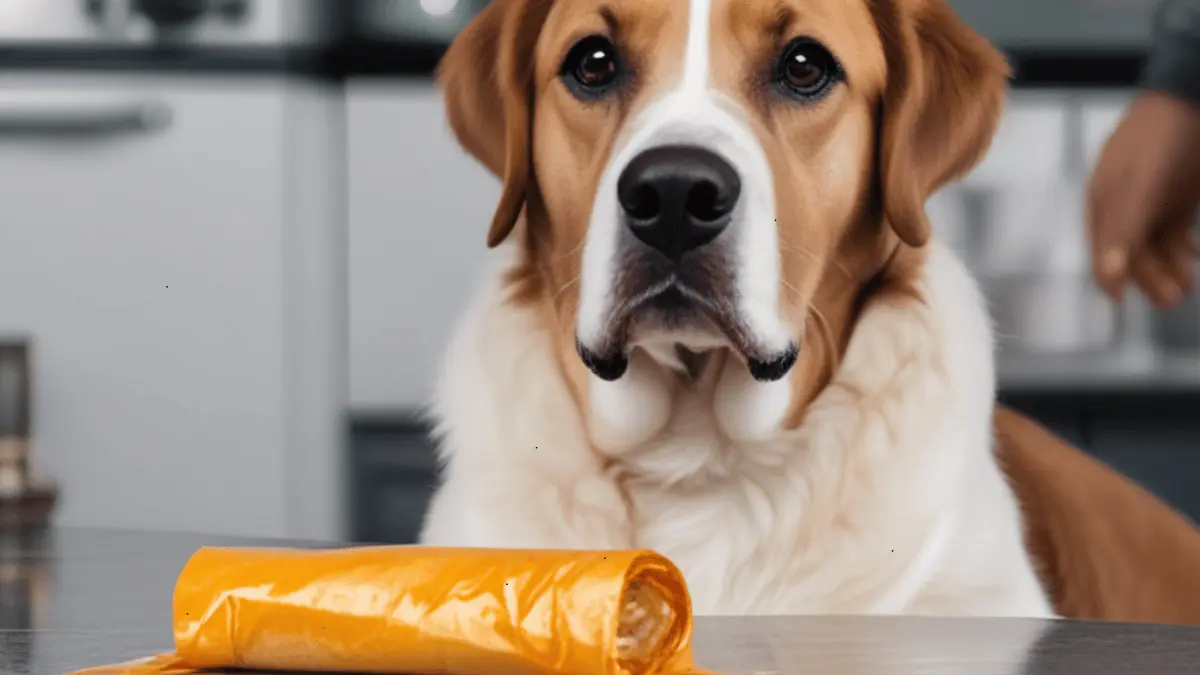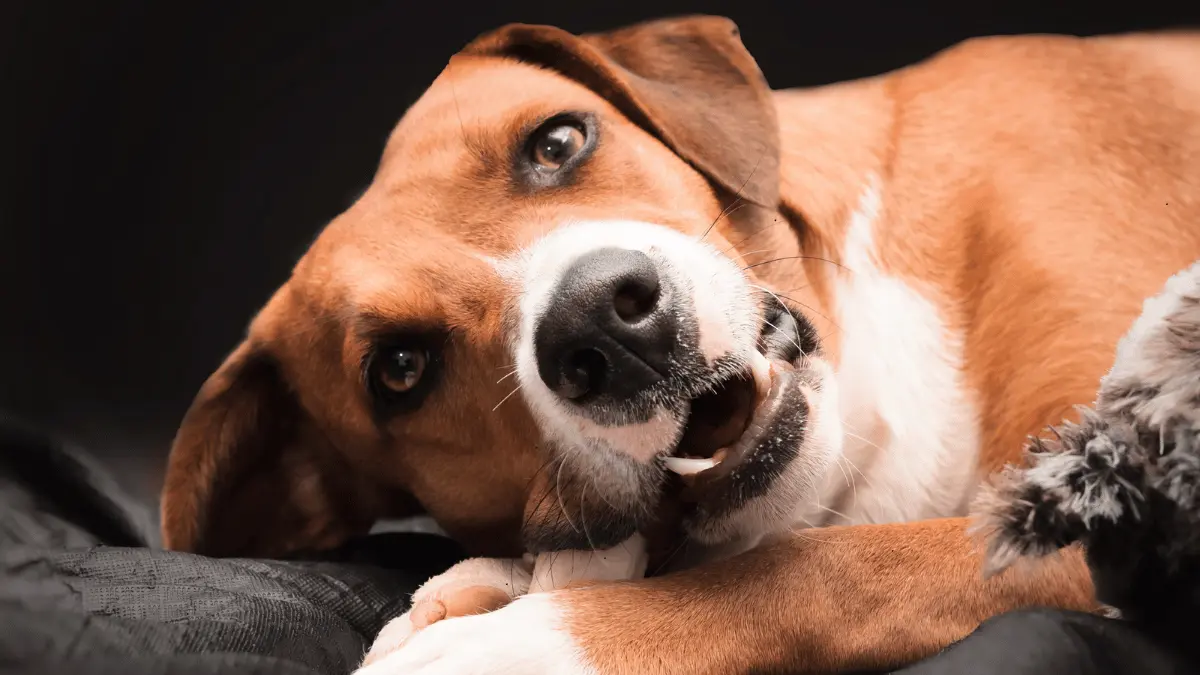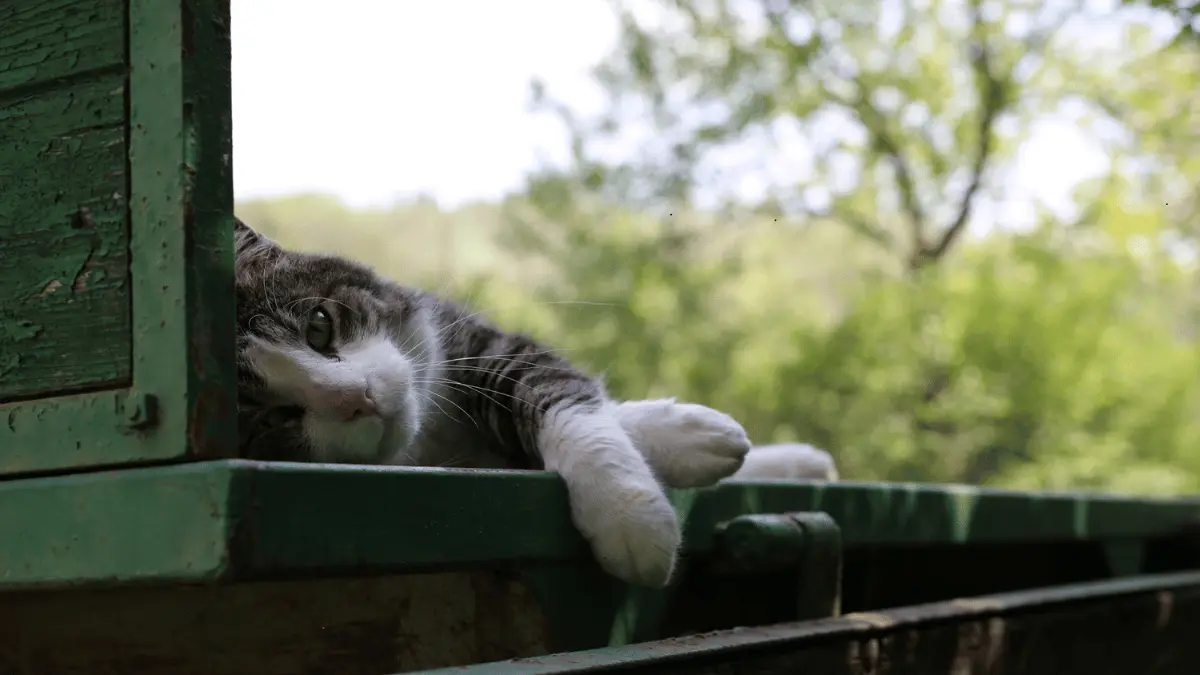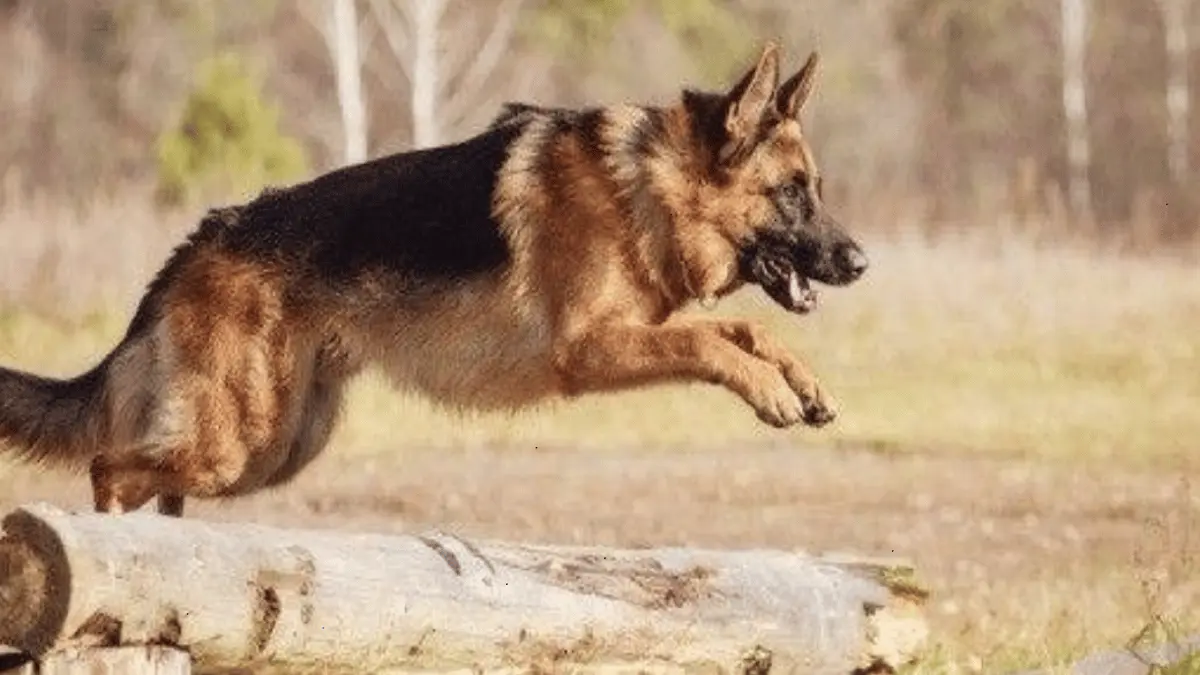Help! My Dog Ate Saran Wrap: What To Do
Worried because “My Dog Ate Saran Wrap“? Learn what steps to take, potential risks, and how to protect your dog.
Accidents happen, and sometimes our furry friends get into things they shouldn’t. One common pet emergency that can leave dog owners in a panic is discovering, “My dog ate saran wrap!” You may be wondering if it’s harmful, what symptoms to look for, and how to act quickly. Don’t worry—you’re not alone in this. Many pet owners face similar situations, and understanding what to do can help protect your dog from potential harm.
Saran wrap, also known as plastic wrap or cling film, is a staple in most kitchens, used to cover leftovers or wrap food for storage. However, when ingested by a curious dog, it can lead to digestive complications and other health issues. Let’s dive into the potential risks, steps to take, and preventive measures that can keep your dog safe in the future.
Understanding Why Dogs Eat Non-Food Items Like Saran Wrap
Dogs explore the world with their mouths. While this behavior is natural, it sometimes leads to them ingesting non-food items, including saran wrap. There are several reasons dogs might eat saran wrap or other unusual objects:
- Curiosity: Dogs are naturally inquisitive, and plastic wrap often smells like food, enticing them to give it a taste.
- Hunger or Boredom: If a dog is hungry or bored, they may seek out anything that smells remotely like food, even if it’s wrapped in plastic.
- Pica: Pica is a behavioral condition in which dogs eat non-food items. This could be due to nutritional deficiencies, anxiety, or medical conditions.
It’s essential to understand that this behavior could be more than just a one-time accident. If your dog frequently ingests non-food items, consult your vet to rule out any underlying health issues.
Immediate Steps to Take When Your Dog Eats Saran Wrap
Upon discovering that “My dog ate saran wrap,” your first instinct may be to panic, but stay calm. Here’s a quick action plan to help guide you through the situation:
- Assess the Situation: Determine how much saran wrap your dog ate and whether it was wrapped around food. If the saran wrap was clean, there’s a lower chance of toxic exposure. However, if it was used to wrap food, there might be other concerns, such as foodborne pathogens or high-fat foods that are toxic to dogs (like garlic or chocolate).
- Monitor Your Dog’s Behavior: Keep a close eye on your dog for any signs of distress. Symptoms like vomiting, diarrhea, lethargy, bloating, or difficulty passing stool could indicate that the saran wrap is causing a blockage.
- Call Your Veterinarian: Even if your dog seems fine, it’s best to give your vet a call for advice. They’ll guide you on whether your dog needs to be seen immediately or if you should continue monitoring at home.
- Do Not Induce Vomiting Without Professional Guidance: In some cases, inducing vomiting could do more harm than good. Saran wrap can be tricky to bring back up, and forcing it could risk choking or damaging the esophagus. Always consult with a veterinarian before attempting this.
- Hydration and Diet: Ensure your dog has access to fresh water, and avoid feeding them large meals until the saran wrap has passed. Smaller, softer meals might be easier on their digestive system.
Why Saran Wrap Can Be Dangerous for Dogs
Saran wrap is not inherently toxic, but it poses several risks when ingested by dogs. Here are some of the key dangers to be aware of:
- Gastrointestinal Blockage: Since saran wrap doesn’t break down in the stomach, it can cause a blockage in the intestines. This is especially concerning if your dog ate a large amount of plastic. Blockages can lead to serious health complications, including surgery.
- Choking Hazard: For smaller dogs or puppies, plastic wrap can pose a significant choking hazard. If the wrap gets stuck in their throat, it could restrict airflow and cause breathing difficulties.
- Bacterial Contamination: If the saran wrap was used to cover raw or spoiled food, there’s a risk of bacterial contamination, such as salmonella or E. coli, which could make your dog sick.
- Chemical Exposure: Some plastic wraps are treated with chemicals to improve their functionality. While the amounts are generally small, ingesting plastic treated with chemicals over time can be harmful to your dog’s health.
Signs of an Intestinal Blockage in Dogs
If your dog has ingested saran wrap, one of the primary concerns is whether it will pass through the digestive system or get stuck. Intestinal blockages can be life-threatening if not addressed promptly. Here are some signs that may indicate a blockage:
- Vomiting, especially if it’s frequent or doesn’t relieve your dog
- Diarrhea or an inability to pass stool
- Abdominal pain or bloating (your dog may yelp or whine if you touch their belly)
- Loss of appetite or refusal to eat
- Lethargy and weakness
- Restlessness or signs of discomfort, such as pacing or circling
If you notice any of these symptoms, it’s crucial to seek veterinary care immediately. In some cases, surgery may be required to remove the blockage and save your dog’s life.
Treatment Options After Your Dog Eats Saran Wrap
The course of action your veterinarian takes will depend on the size of your dog, the amount of saran wrap ingested, and whether your dog is showing any symptoms. Here are some potential treatment approaches:
- Observation: If your dog ate a small amount of plastic and isn’t showing symptoms, your vet may recommend monitoring them at home. They may pass the plastic naturally without any intervention.
- Inducing Vomiting: In cases where the saran wrap hasn’t entered the intestines yet, your vet may decide to induce vomiting. However, this should only be done under professional guidance.
- X-rays or Ultrasound: If the vet suspects a blockage, they might perform imaging to determine where the saran wrap is located and whether it’s causing a blockage.
- Surgery: In severe cases, where a blockage has occurred, surgery may be necessary to remove the saran wrap and restore normal digestive function.
Preventing Future Incidents: Keeping Saran Wrap Out of Reach
Once your dog has ingested saran wrap, it’s crucial to prevent future incidents. Here are some tips to help keep your pet safe from plastic-related emergencies:
- Proper Food Storage: Store leftovers and other food items wrapped in saran wrap in containers with lids. This reduces the likelihood that your dog will get to the plastic.
- Dispose of Trash Safely: Dogs are notorious for getting into the trash. Use a dog-proof trash can or ensure that food packaging is securely disposed of.
- Provide Mental Stimulation: Boredom is a common cause of destructive behavior in dogs. Make sure your dog gets plenty of exercise and has access to toys and activities that keep them engaged.
- Training: Teach your dog the “leave it” command, which can help in moments when they find something they shouldn’t. Consistent training will help you avoid dangerous situations in the future.
When Should You Be Worried About Your Dog Eating Saran Wrap?
Although not every case of plastic ingestion will lead to a medical emergency, certain situations are more concerning than others. You should seek veterinary care immediately if:
- Your dog ate a large amount of saran wrap.
- The plastic was wrapped around food that is toxic to dogs (e.g., chocolate, grapes, or onions).
- Your dog shows symptoms of gastrointestinal distress, such as vomiting, diarrhea, or abdominal pain.
- You are unsure whether your dog swallowed the plastic whole or it’s partially lodged in their throat.
FAQs
What should I do first if my dog ate saran wrap?
Stay calm and contact your veterinarian immediately for advice. Monitor your dog for any unusual symptoms.
Can saran wrap pass through a dog’s digestive system?
In some cases, yes, small amounts of saran wrap may pass naturally, but larger pieces could cause blockages.
Is saran wrap toxic to dogs?
Saran wrap is not toxic, but it can cause serious health issues like intestinal blockages or choking.
How long does it take for saran wrap to pass through a dog?
This varies depending on the size of the dog and the amount ingested. It could take anywhere from 24 to 72 hours. However, if your dog shows signs of a blockage, seek veterinary care immediately.
Should I induce vomiting if my dog ate saran wrap?
Do not induce vomiting without consulting a vet. In some cases, vomiting can cause more harm than good.
How can I prevent my dog from eating saran wrap again?
Store food in sealed containers, use dog-proof trash cans, and train your dog to respond to commands like “leave it.”
Discovering that “My dog ate saran wrap” can be stressful, but by acting quickly and seeking veterinary advice, you can protect your dog from serious harm. Monitoring your dog’s symptoms and keeping hazardous items out of their reach are essential for their safety. Remember, it’s always better to be safe than sorry when it comes to your pet’s health. By taking the right steps, you can help your dog recover swiftly and avoid future mishaps.
Further Reading
If you’d like to learn more about dogs eating plastic, here are some reputable resources from veterinary professionals:
- My Dog Ate Plastic, What Do I Do? | Veterinary Emergency Group: This article provides a clear overview of the risks associated with dogs eating plastic, including choking hazards and intestinal blockages. It also outlines the signs to watch for and when to seek veterinary attention. (Link)
- Dog Ate Saran Wrap? Here’s What To Do & When To Worry | Hepper: This article specifically focuses on dogs ingesting saran wrap. It discusses the potential dangers and offers guidance on how to monitor your dog and when to contact your veterinarian. (Link)
- My Dog Ate Plastic: Should I Be Worried? (Vet Answer) | Dogster: This article from Dogster provides a veterinarian’s perspective on what to do if your dog eats plastic. It explains the possible consequences and offers advice on when to seek professional help. (Link)
Disclaimer: While these resources are from reputable sources, it’s important to remember that I am not a veterinarian. If you are concerned about your dog’s health after ingesting plastic, please consult with a qualified veterinary professional immediately.















